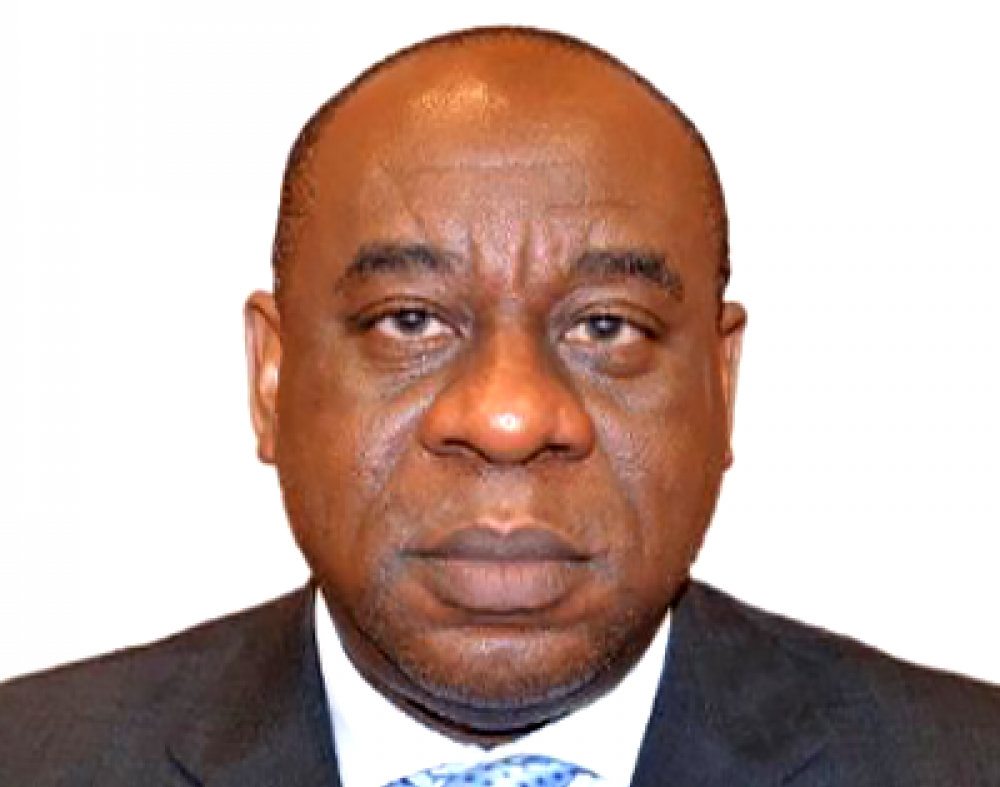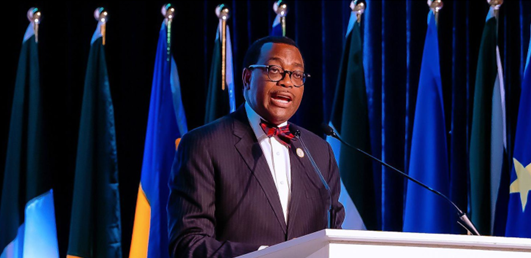
Nigeria: Escalating Interest Rates Aggravate Housing Crisis and Dampen Investment Activity
The Central Bank of Nigeria has hiked interest rates from 11.5% in April 2022 to 18.5% in July 2023, aiming to control the country’s accelerating inflation. However, this move has had adverse effects on the economy, exacerbating the housing crisis and prompting investors to adopt a cautious approach due to surging building material prices.
The housing shortage in the country has reached a critical point, with over 28 million Nigerians lacking access to decent and affordable housing. The mortgage system has struggled with slow growth over the past two decades, mainly due to high-interest rates that now range from 22% to 27% annually.
At a recent virtual forum organized by the Central Bank of Nigeria Financial System Strategy, stakeholders discussed ways to improve the funding status of the mortgage sector. The Managing Director of the Federal Mortgage Bank of Nigeria highlighted the need for alternative funding sources and special intervention funds to mitigate the impact of increasing interest rates.
Experts emphasize that until Nigeria develops policies to attract foreign direct investments and stimulates exportation-friendly environments, the country will continue to face economic challenges. The mortgage market remains heavily impacted by the persistent interest rate hikes, leading to rising project costs and hindering foreign investor interest.
To address the housing deficit and reduce the cost of real estate finance, experts advocate for a housing culture that relies more on locally sourced materials. Additionally, conditions set by mortgage institutions are deemed unrealistic, making it difficult for developers to access loans.
Despite the National Housing Fund’s purpose to facilitate home ownership, access to mortgages in the real estate sector remains insufficient, and developers often seek funds through joint venture companies. Ultimately, stakeholders must address these challenges and implement measures to stabilize the housing market and promote sustainable economic growth.















